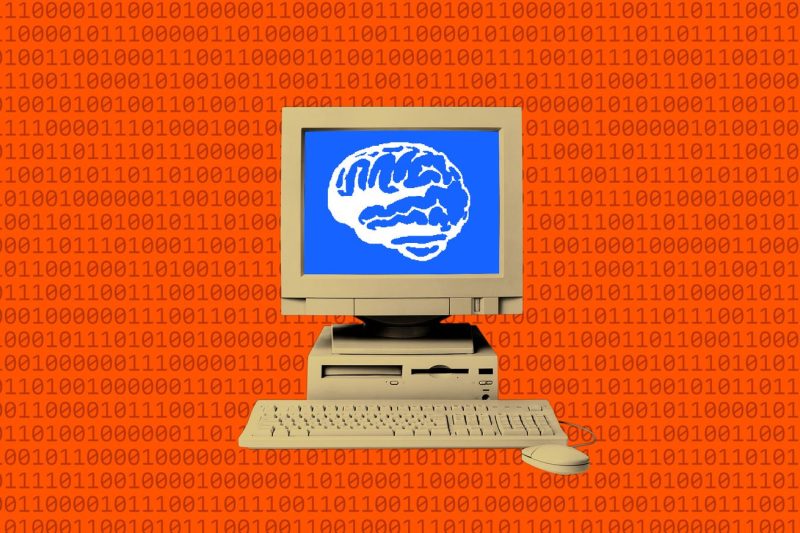The era of Artificial Intelligence (AI) is no longer restricted to high-end computers or sophisticated algorithms; rather, it is branching out to smaller, more accessible devices. Raspberry Pi, a versatile and budget-friendly mini-computer, is now being integrated with AI capabilities, marking a significant leap in democratizing this cutting-edge technology.
Firstly, the convergence of Raspberry Pi and AI opens up a myriad of opportunities for tech enthusiasts, hobbyists, and students. By leveraging the computing power of Raspberry Pi along with AI technologies like machine learning and neural networks, individuals can explore, experiment, and innovate in the realm of AI without the need for expensive hardware or extensive technical expertise. This democratization of AI eliminates barriers to entry, allowing more people to engage with this transformative technology.
Moreover, the fusion of Raspberry Pi and AI has tangible real-world applications across various sectors. For instance, in the field of smart home automation, Raspberry Pi powered AI can enable voice recognition, facial recognition, and predictive maintenance systems. This allows homeowners to create intelligent living spaces that adapt to their preferences and enhance convenience.
Furthermore, the education sector stands to benefit significantly from the marriage of Raspberry Pi and AI. By incorporating AI capabilities into educational curricula through Raspberry Pi, students can gain hands-on experience in developing AI models, understanding data analytics, and solving real-world problems. This not only fosters a deeper understanding of AI concepts but also equips the future workforce with valuable skills for the digital age.
In addition, the synergy between Raspberry Pi and AI presents exciting opportunities for innovation in healthcare. With the ability to process large datasets and perform complex computations, Raspberry Pi integrated with AI can support medical diagnostics, personalized treatment plans, and health monitoring systems. This could revolutionize healthcare delivery by enabling faster and more accurate diagnoses, improving patient outcomes, and reducing healthcare costs.
Furthermore, the versatility and affordability of Raspberry Pi make it an ideal platform for deploying AI solutions in resource-constrained environments, such as rural areas or developing countries. By leveraging Raspberry Pi’s compact form factor and low power consumption, AI applications can be deployed in scenarios where traditional computing infrastructure is not feasible, thereby extending the benefits of AI to underserved populations.
In conclusion, the integration of Raspberry Pi with AI signifies a democratization of technology, paving the way for widespread adoption and innovation in diverse fields. Whether it is in education, healthcare, smart home automation, or beyond, the marriage of Raspberry Pi and AI holds immense potential to transform industries, empower individuals, and drive positive societal impact. As this trend continues to evolve, we can anticipate a future where AI becomes more accessible, inclusive, and integrated into everyday devices, thanks to platforms like Raspberry Pi leading the way.
